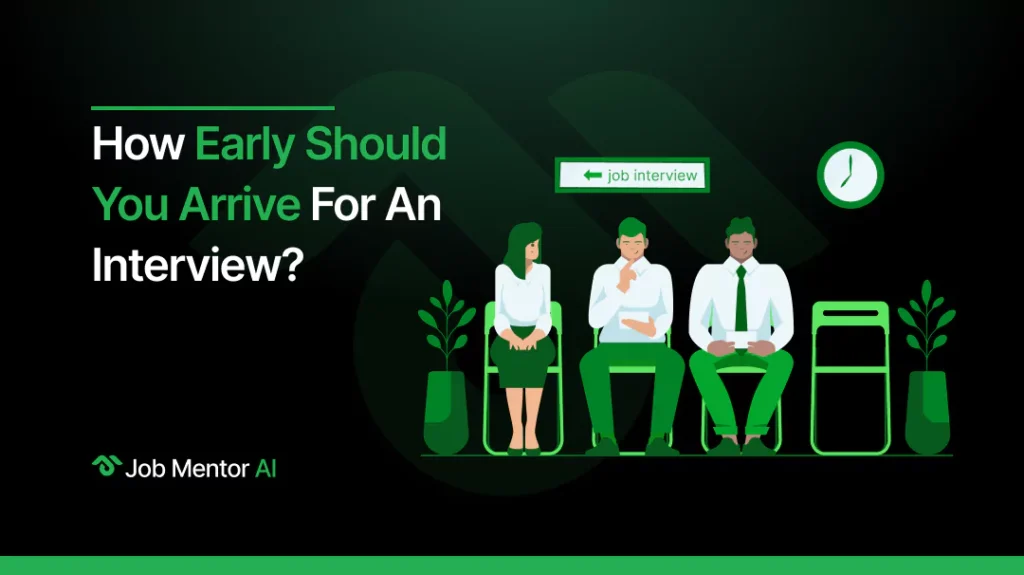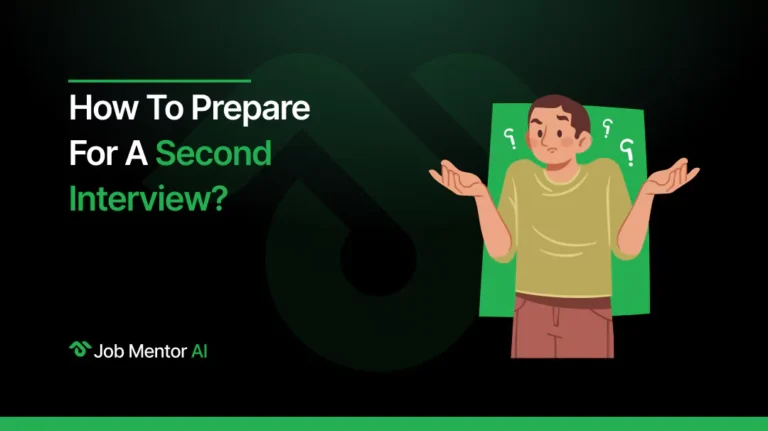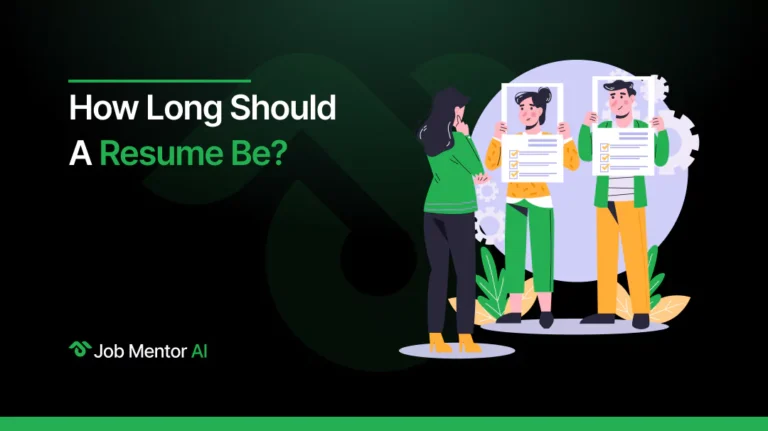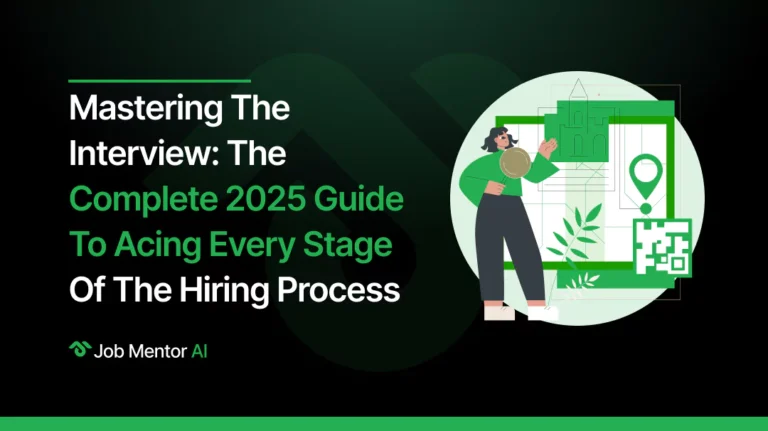Preparing for an interview is more than just dressing professionally or practicing answers. One of the most overlooked yet crucial parts of interview etiquette is timing your arrival. Before you even plan your arrival time, make sure you know how to respond to an interview request professionally to set the right tone from the start. So, how early should you arrive for an interview? Is arriving 30 minutes ahead too much? Should you be concerned about joining a Zoom interview too early?
This guide will answer all those questions and more, helping you create a great impression and avoid common mistakes that could cost you the job.
Why Your Arrival Time Matters
First impressions are everything, and your arrival time says a lot before you even speak. Employers pay attention to punctuality because it reflects your time management skills, professionalism, and how seriously you take the opportunity. To make a first impression that sticks, arriving on time and presenting yourself confidently are essential.
Being late to an interview shows a lack of respect for the interviewer’s schedule. On the other hand, arriving too early can create an awkward situation and put pressure on the interviewer to accommodate you earlier than planned. Striking the right balance is crucial.
Employers often coordinate interviews in tight timeframes, and showing up too early may disrupt their workflow. That’s why understanding the appropriate arrival window can make you stand out in a good way.
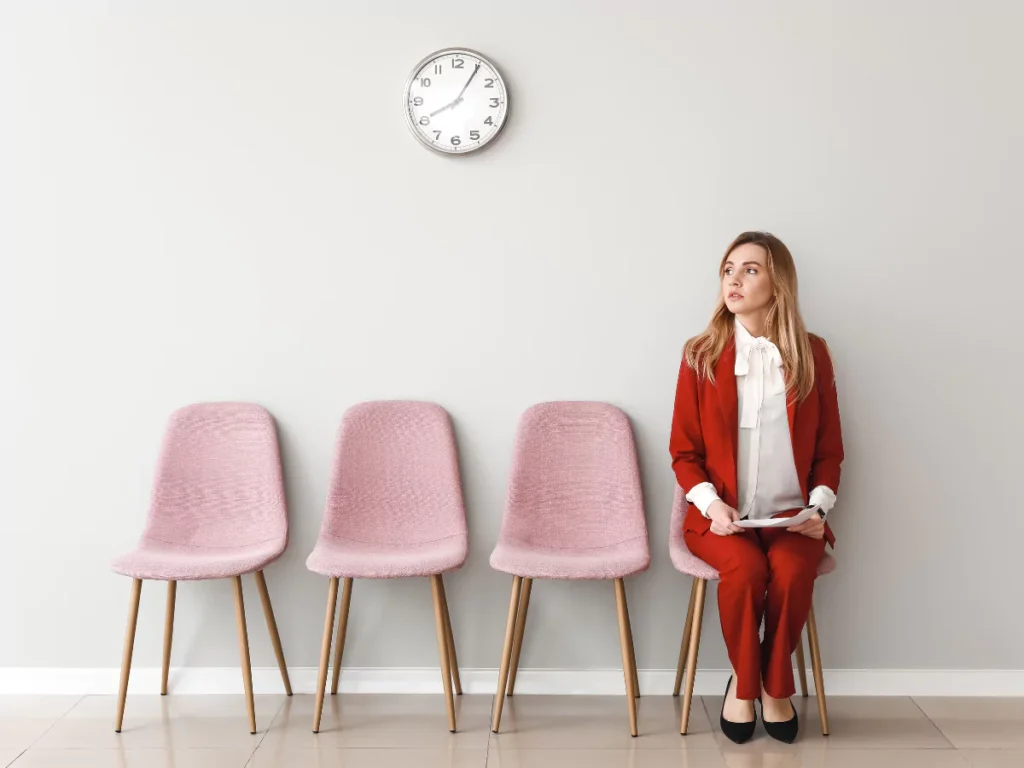
What Is a Good Time to Show Up Before Your Interview?
The general rule of thumb is to arrive 10 to 15 minutes before your scheduled interview. This timeframe gives you enough room to check in with reception, calm your nerves, and mentally prepare yourself for the meeting. Being early also gives you time to mentally rehearse how to introduce yourself effectively when the interview begins. It also shows that you’re responsible, organised, and respectful of the interviewer’s time.
Showing up too early, say, 30 minutes or more, may create unnecessary stress for the interviewer. They might feel rushed or unprepared, which could affect how they view your professionalism.
Pro Tip: If you arrive earlier than 15 minutes, it’s better to wait in your car or at a nearby coffee shop and enter the building closer to the scheduled time.
Benefits of Arriving Early
Arriving at the right time comes with several benefits that extend beyond just being punctual:
- Reduces anxiety: You have time to take a deep breath and collect your thoughts.
- Allows for unexpected delays: Even if you face minor issues like traffic or parking, you still make it on time.
- Gives you a chance to observe the environment: Arriving early lets you get a feel for the company culture and work atmosphere.
- Shows reliability and planning: Being early reflects well on your ability to manage time and prepare for professional engagements.
- Improves first impressions: A calm, collected entrance is much better than rushing in last minute.
Before stepping in, consider reviewing some last-minute tips that can help calm nerves and boost your confidence right before you walk in.

What Should You Take with You to an Interview?
Punctuality is one part of the equation; being prepared with the right materials is the other. Knowing what to bring to an interview can make a significant difference in how confident and organized you appear. Here’s what you should always carry with you:
- Multiple copies of your resume (even if you already emailed it)
- A list of professional references
- A notepad and pen for taking notes
- Government-issued identification
- Portfolio or examples of your work, especially for creative or technical roles
- A list of thoughtful questions to ask the interviewer
Having these items shows that you’re serious about the opportunity and ready to engage in a meaningful conversation.
What to Do If You Arrive Too Early
If you find yourself arriving more than 20 minutes before your interview time, resist the urge to walk in right away. Instead, wait in your car, go for a short walk, or stop at a nearby cafe. Use this time to:
- Review your resume and the job description
- Practice your elevator pitch
- Revisit your prepared questions
- Take a few deep breaths to relax
Why this matters: Walking in too early can put pressure on the receptionist or interviewer, who may feel obligated to address you before they’re ready.
The Risks of Being Too Early or Too Late
Understanding the consequences of poor timing can help you avoid simple but costly mistakes:
Too Early (20+ Minutes):
- Disrupts the interviewer’s schedule
- Can make you seem overly anxious or inexperienced
- Puts pressure on staff to accommodate you
- May be perceived as disrespectful of internal operations
Too Late (Even 5 Minutes):
- Signals poor time management
- Creates a rushed, negative first impression
- Can lead to immediate disqualification in some cases
Tips to Ensure Perfect Timing
Want to hit that 10–15 minute sweet spot every time? Follow these proven tips:
- Plan your route ahead of time: Use GPS or Google Maps to check traffic and parking options.
- Add a time buffer: Aim to arrive in the area 30 minutes early, but only enter the building 10–15 minutes before your interview.
- Do a practice run: If you’re unfamiliar with the location, visit it a day or two in advance to check travel time.
- Set multiple reminders: Use your phone or calendar to set alerts well in advance.
- Have your interviewer’s contact info ready: In case of an emergency or unavoidable delay, communicate professionally.

Key Takeaways
Getting the timing right for your job interview can dramatically improve your chances of making a good impression. While it may seem like a small detail, it reflects broader traits like professionalism, time management, and respect for others.
- Arrive 10–15 minutes early for in-person interviews
- Join Zoom or virtual interviews about 5 minutes early
- Avoid showing up more than 20 minutes early or even a few minutes late
- Always be prepared with the right materials
- Plan ahead to reduce stress and increase confidence
Remember: Interview success is often about the little things. Being mindful of when you arrive shows that you understand workplace etiquette and take the opportunity seriously.
And don’t forget, what to do after an interview can be just as important as sending a thank-you note, or following up appropriately can keep you top of mind.
Need More Interview Tips?
Job Mentor has helped thousands of job seekers navigate every stage of the hiring process, from resume writing to interview prep and salary negotiations. Want more expert advice? Try our AI Interview Assistant to practice and improve your responses, or sign up for one-on-one coaching sessions tailored to your career goals.
Table of Contents
Frequently Asked Questions
What is a good time to show up before your interview?
The best time to show up is 10–15 minutes before your scheduled interview. This window shows you’re punctual and respectful of the interviewer’s time.
Is 30 minutes too early for an interview?
Yes, arriving 30 minutes early can be too much. It may disrupt the interviewer’s schedule or create awkwardness. If you’re that early, wait nearby until it’s closer to your time.
Is 15 minutes too early for an interview?
No, arriving 15 minutes early is ideal. It gives you time to check in, calm your nerves, and be fully prepared without seeming over-eager.
How early should you join a Zoom interview?
Joining 5 minutes before your scheduled time is best. It allows for last-minute tech checks and shows preparedness without surprising the interviewer.
How early to show up for an interview?
In general, 10–15 minutes early is the recommended time to show up for any job interview. It helps you feel composed and confident going in.

